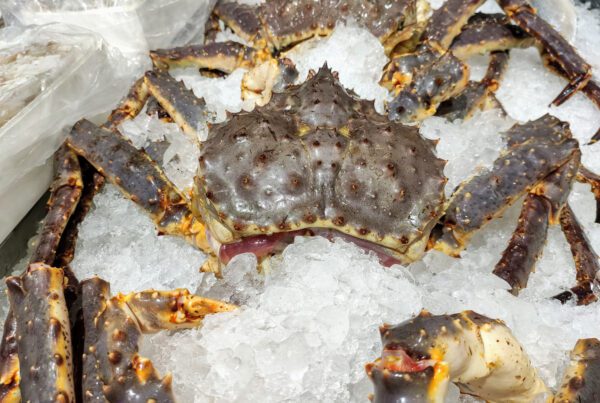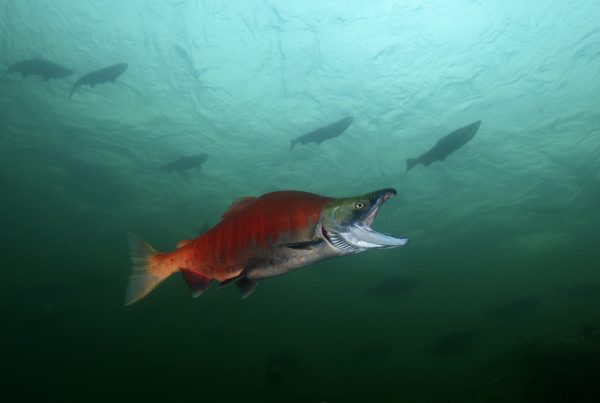The Jones Act went into effect in 1920 as the Merchant Marine Act of 1920. It was designed so that US-made goods can only move between two US Ports on US-owned vessels, ocean, air, rail, or truck. The act protected US flag carriers from competition from foreign flag carriers with US products moving between two US origins and destinations.
Long ago the foreign ships would come into the northeastern US and deliver goods from Europe. They would then go to the southern US and pick up goods like tobacco, lumber, and bulk commodities to return to Europe, but the Jones Act prohibited them from moving goods between the north and south US ports.
Now we have Alaskan Pollock moving from Dutch Harbor, AK to the northeast for processing. They use a foreign tramper vessel to take the fish via the Panama Canal to Eastern Canada, primarily New Brunswick. Utilizing a little-known loophole, the shipment embarks on little more than a pleasure trip to accommodate the “rules”.
It’s at this point that they transfer to a 100-foot long train track, already loaded on Canadian truck trailers, park the truck on this small train, drive the train 100 feet, return to the starting point, unload (at the starting point), drive the truck off the rail and send it across the border, and call that ok for the move to the US.
Right at their peak shipping time for the production of Filet O’ Fish fillets and USDA School lunch fish sticks. The refusal to accept this loophole lead to 25 million pounds of this frozen fish being backlogged in freezers in New Brunswick.
The processor saved transportation money doing it this way instead of bringing the fish to Seattle, WA, and then using rail or trucks to ship to the East Coast. That savings can be the entire profit margin they need to get these contracts from other suppliers who are doing it the right way. And that is where the industry’s hard feelings develop for those companies that are putting in contract bids using the legal methods of logistics.
Customs caught them and truly they should give them hard punishment because they were trying to move this outside the Jones Act. Unfortunately, the legal system has allowed this practice to continue while the litigation of Jones Act violations moves through the legal system.
If you’re looking for non-subversive shipping methods to keep your frozen and chilled fish moving in this market, contact your CFI representative and discuss how we can creatively, legally, and ethically keep your fish moving!



